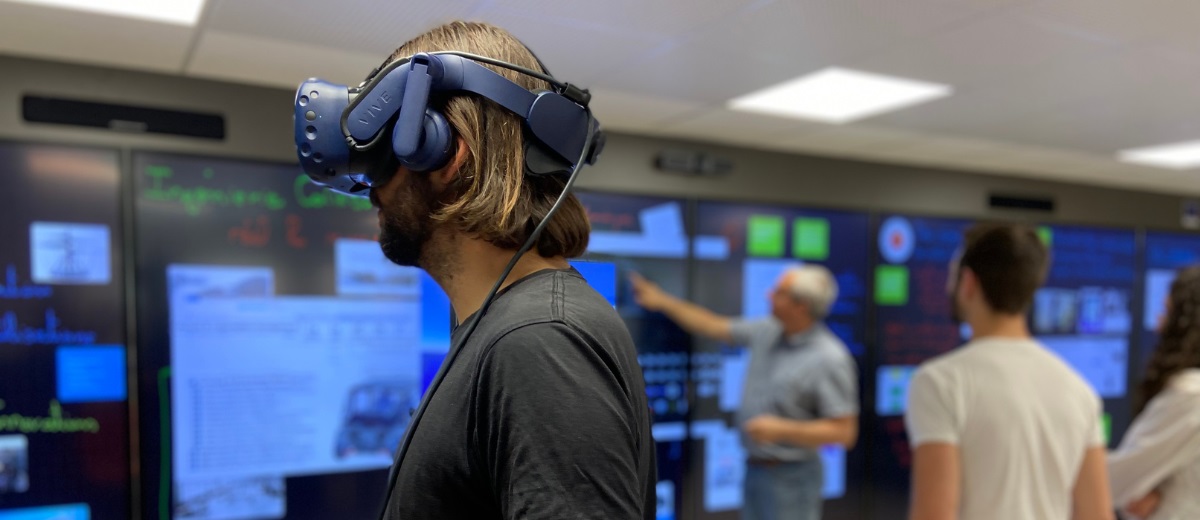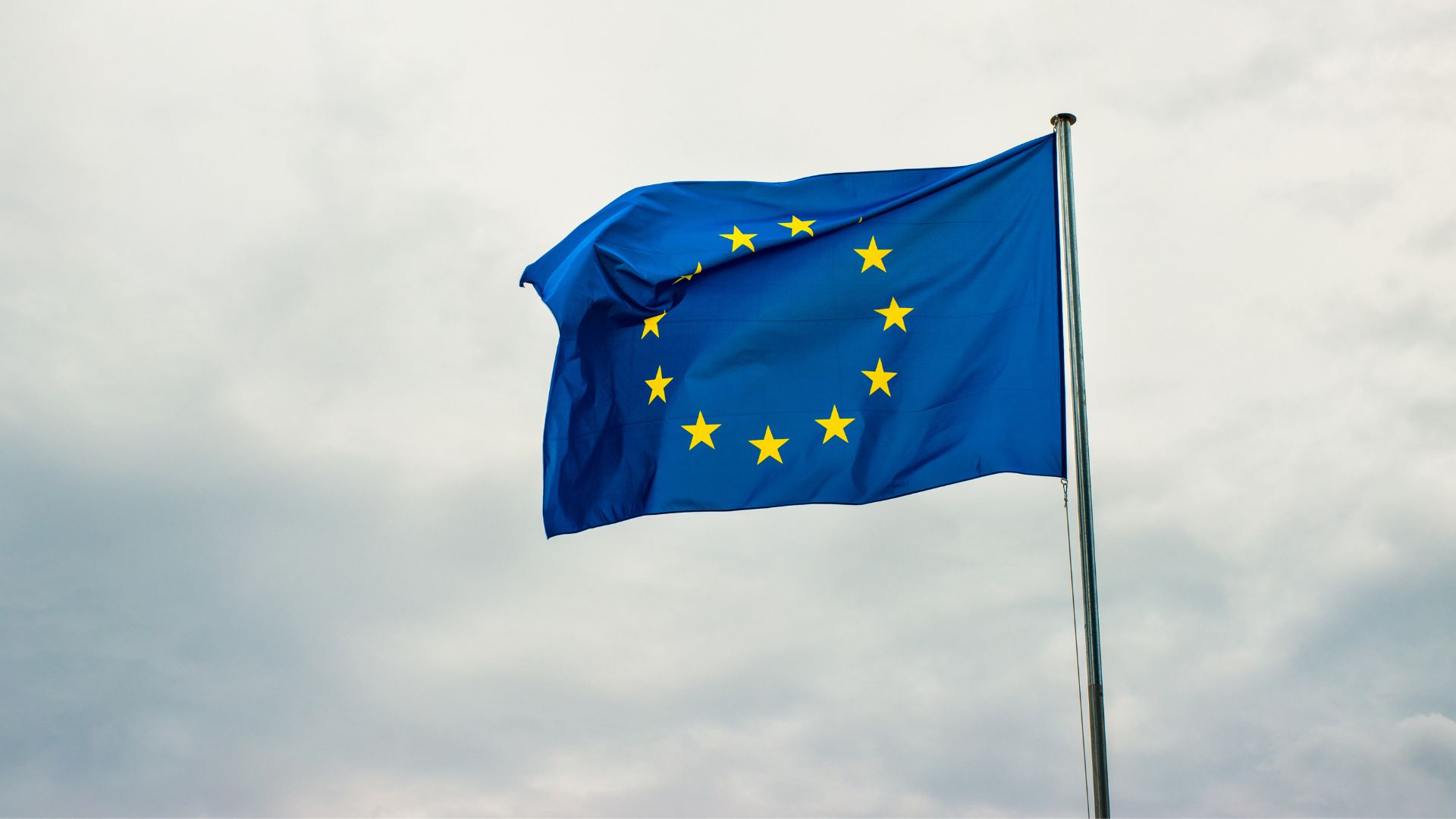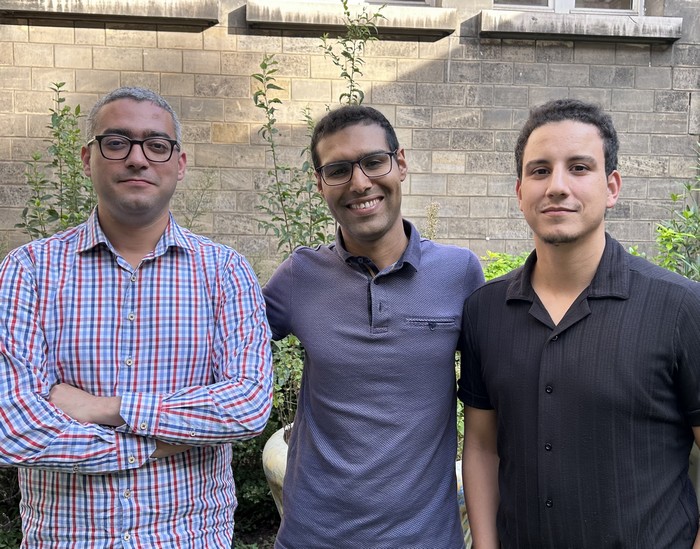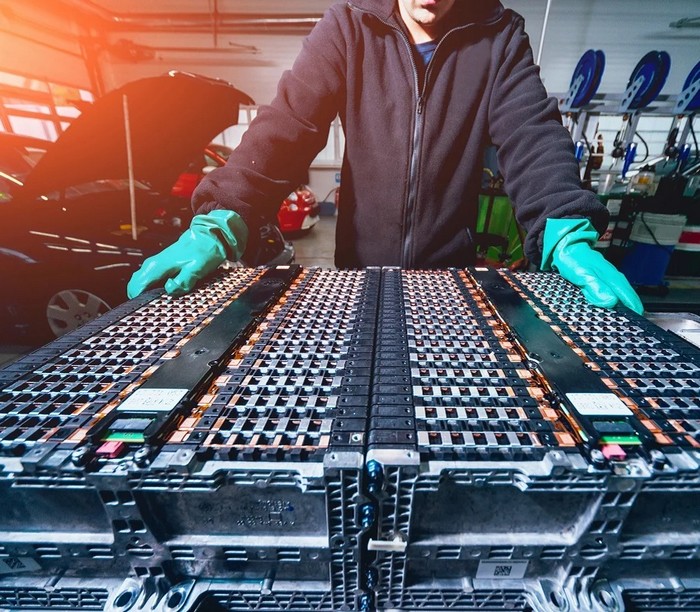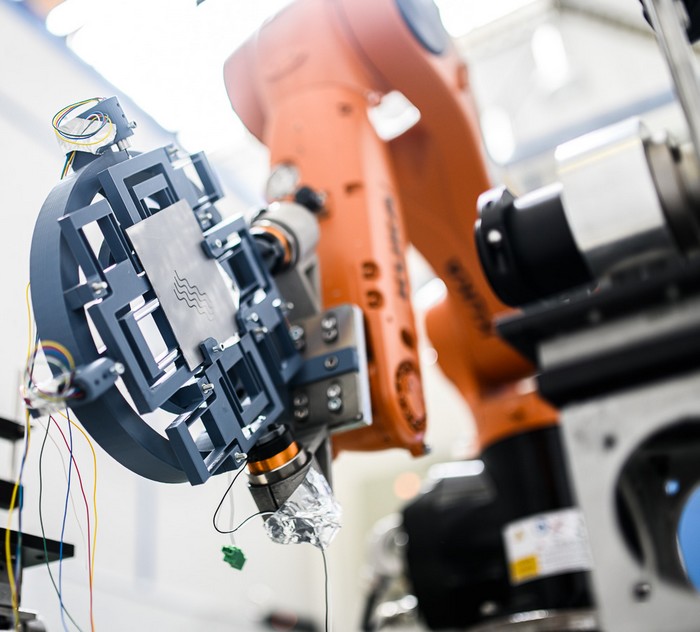A GAP YEAR FOR A HUMANITARIAN EXPERIENCE

Like many students, Louis took a gap year before finishing his studies.
Last year, he decided to request a gap year to focus on a personal goal that was close to his heart. He discusses his experience, which was rewarding in every respect.

